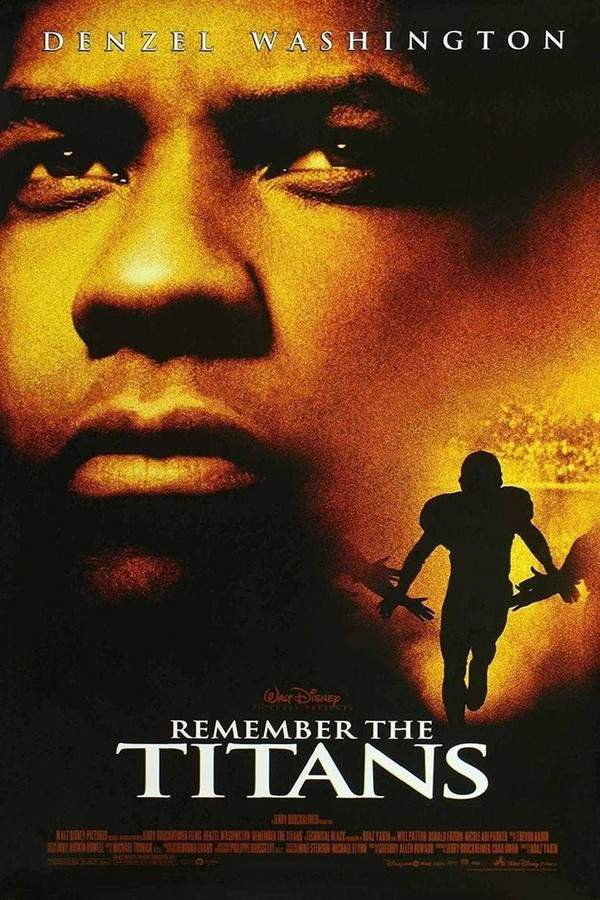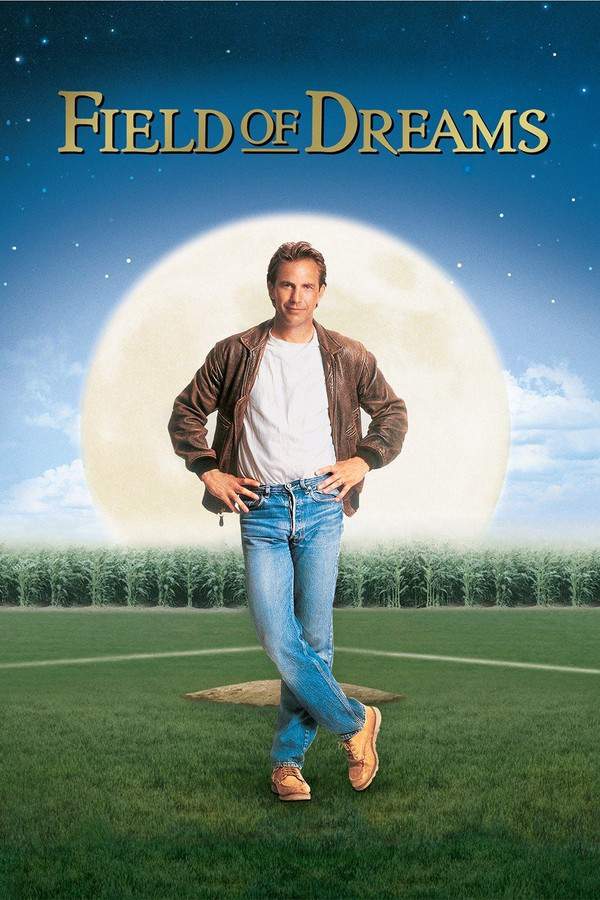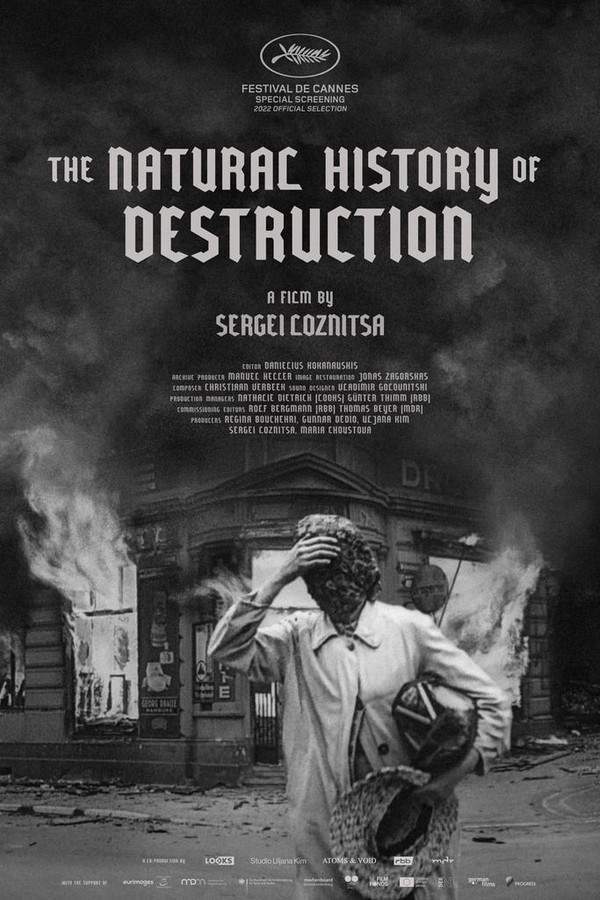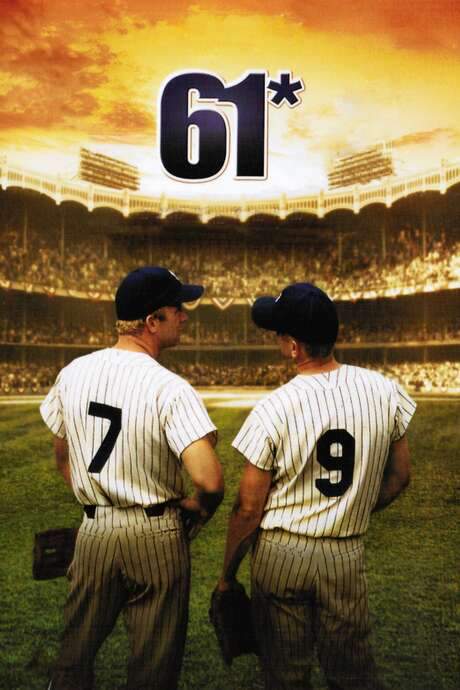
42 2013
Directed by

Brian Helgeland
Made by

Warner Bros. Pictures
Test your knowledge of 42 with our quiz!
42 Plot Summary
Read the complete plot summary and ending explained for 42 (2013). From turning points to emotional moments, uncover what really happened and why it matters.
The film chronicles the inspiring journey of Jackie Robinson, portrayed by Chadwick Boseman, and his momentous signing with the Brooklyn Dodgers, under the strategic guidance of team executive Branch Rickey, played by Harrison Ford. This pivotal decision marks Robinson as the first African American to break the baseball color barrier, with the narrative primarily centering on the 1947 Brooklyn Dodgers season alongside earlier events from 1946, detailing his time with the Montreal Royals.
In the backdrop of 1945, as the Allied forces had just liberated Europe from Nazi control, Jackie and many other African Americans, who bravely served their country, returned home only to face the harsh realities of racism, segregation, and Jim Crow laws. In an era when organized baseball had no African American representation, they competed in their own leagues, which lacked the financial resources and talent of the majors.
When Branch Rickey (played by Harrison Ford) meets with sportswriter Wendell Smith (portrayed by Andre Holland), he expresses his ambition to recruit an African American player for the Dodgers, prompting Wendell to suggest Jackie Robinson as the ideal candidate. Armed with the perspective that there are no laws against his decision, Rickey hopes to leave a lasting legacy on the game he holds dear. Despite warnings from Harold Parrott (T.R. Knight) and coach Clyde Sukeforth (Toby Huss), Rickey is resolute, recognizing the potential economic and cultural benefits of attracting African American fans to the stadiums.
Robinson’s reputation as a hothead precedes him; once a commissioned army officer, he was court-martialed for refusing to sit at the back of a bus. Clyde fears this temperament could lead to confrontations with umpires and disrupt the team.
In 1945, while travelling with the Kansas City Monarchs, an incident at a gas station underscores the racial tensions of the time. When the attendant denies Robinson access to the restroom, he calmly suggests they find another station, ultimately prompting the attendant to relent. Shortly after, Clyde invites him to Brooklyn for a pivotal meeting with Rickey, offering Robinson a contract of $600 a month with a signing bonus of $3,500. However, Rickey sets a crucial condition—Robinson must exercise restraint against provocations, responding on the field instead of paying attention to the off-field injustices.
In an emotional moment, Robinson proposes to his girlfriend, Rachel (played by Nicole Beharie), over the phone, and she joyfully accepts. Together, they later attend Dodger spring training in Florida, where they face challenges, including being removed from a flight due to Rachel using a restroom meant for white patrons, showcasing their defiance in a segregated society.
During training, Wendell Smith is assigned as Robinson’s chronicler, while Rickey navigates the resistance of players and staff who oppose the integration of African Americans into the team. As Robinson trains in Sanford, he stays with Mr. Brock (James Pickens Jr.), who recognizes that Robinson is a beacon of hope for African American athletes nationwide.
Robinson’s natural talent shines through his extraordinary skills and abilities, particularly in stealing bases and scoring. Yet, during a game in Daytona Beach, he faces hostility as a local sheriff asks him to leave simply because of his skin color. Despite these challenges and opposition from teammates, he eventually secures a position with the Montreal Royals and earns a spot in the major leagues.
As tensions rise, manager Leo Durocher (played by Christopher Meloni) stands firm in his commitment to play Robinson, even when pressured by a petition from the team against it. The specter of racism takes center stage when a game against the Philadelphia Phillies places Robinson in the line of fire, as enemy taunts led by player Ben Chapman (played by Alan Tudyk) push him to his limits.
With Rickey’s support, Robinson finds his strength, turning his frustration into action—he hits a single, steals bases, and ultimately scores the winning run. This victory spurs media coverage that forces Chapman’s owner to showcase a public image of unity alongside Robinson.
In the heat of competition, teammate Pee Wee Reese (played by Lucas Black) comes to empathize with Robinson’s plight, making a powerful statement of solidarity publicly by standing with him despite a hostile crowd. They face more trials together, including an incident where Enos Slaughter spikes Robinson, but Jackie’s wisdom prevails as he urges the team to focus on their gameplay rather than retaliate.
When Robinson’s skill culminates in a stunning home run against Fritz Ostermueller, it secures the National League pennant for the Dodgers. The narrative crescendos with their upcoming journey to the World Series, where they ultimately fall short against the New York Yankees in a tight seven-game battle.
The film concludes with a reflective epilogue, acknowledging Rickey, Robinson, and their teammates who carved out storied careers in baseball, many of whom went on to be enshrined in the Baseball Hall of Fame, paving the way for future generations of African American players to confidently step onto the field in the years to come.
42 Timeline
Follow the complete movie timeline of 42 (2013) with every major event in chronological order. Great for understanding complex plots and story progression.
Post-War Challenges
In 1945, Jackie Robinson and fellow African American soldiers return home from World War II only to confront the harsh realities of racism and segregation. Despite their bravery and service, they find themselves subjected to Jim Crow laws, with limited opportunities in a segregated society that overlooks their talents.
Branch Rickey's Ambition
Branch Rickey meets with sportswriter Wendell Smith, expressing his intent to sign the first African American player for the Brooklyn Dodgers. He believes this decision can significantly impact the game and society, revealing his desire to create a lasting legacy in baseball.
Selecting Jackie Robinson
After discussing potential candidates, Wendell Smith suggests Jackie Robinson, citing his exceptional talent. Rickey sees the opportunity not just for success on the field, but also for a pathway to cultural change within the sport.
Robinson's Temperament
Robinson's reputation for being a hothead precedes him, stemming from his court-martial incident for refusing to sit at the back of a bus. Rickey and his staff express concerns that his temper could lead to conflicts on the field, jeopardizing the integration effort.
The Gas Station Incident
While traveling with the Kansas City Monarchs in 1945, Robinson faces racial discrimination when a gas station attendant refuses him access to the restroom. This incident highlights the everyday racial tensions and injustices that African Americans experienced in that era.
The Contract Offer
Branch Rickey invites Jackie Robinson to Brooklyn, offering him a $600 a month contract with a substantial signing bonus. However, he insists that Robinson must endure racial slurs and remain composed for the greater good of integration in baseball.
Engagement to Rachel
In a heartfelt moment, Jackie proposes to his girlfriend Rachel over the phone, and she eagerly accepts. Their joyous moment is a beacon of hope as they prepare to face challenges together during a highly scrutinized time in baseball history.
Spring Training Challenges
During spring training in Florida, Jackie and Rachel's perseverance is tested when they are removed from a flight due to racial segregation. This incident exemplifies the societal obstacles they must confront while Jackie's reputation is at stake.
Resistance at Training Camp
As Jackie trains in Sanford, Branch Rickey works to counter the existing resistance among players and staff. Meanwhile, Robinson's immense talent begins to shine through, establishing him as a strong candidate for the major leagues.
Facing Hostility
During a game in Daytona Beach, Robinson encounters immediate hostility from the crowd and even local authorities. Despite being unjustly challenged by a sheriff, Jackie remains focused on his performance, underscoring his resilience amidst adversity.
Pressures from Teammates
Amid rising tensions, team manager Leo Durocher publicly supports Robinson's inclusion in the team, despite petitions against it. This moment of solidarity illustrates the ongoing struggle against entrenched racism within the league.
Overcoming Adversity
During a crucial game against the Philadelphia Phillies, Robinson faces verbal abuse, particularly from player Ben Chapman. With Rickey's backing, Jackie channels his frustration into performance, contributing to a key victory for the Dodgers.
Teammate Solidarity
As the season progresses, Pee Wee Reese publicly supports Robinson during a particularly hostile game, standing by him in a moment of unity against racial prejudice. This act signifies a crucial turning point in team dynamics and player relationships.
National League Pennant
With immense skill and determination, Robinson hits a home run that secures the National League pennant for the Dodgers. His achievement is not only a personal victory but also a landmark moment for African Americans in professional sports.
World Series Journey
The season culminates in the Dodgers' appearance in the World Series against the New York Yankees. Despite their efforts, the Dodgers fall short after a fierce seven-game battle, sealing the chapter but highlighting the monumental impact of Robinson’s legacy.
42 Characters
Explore all characters from 42 (2013). Get detailed profiles with their roles, arcs, and key relationships explained.
Jackie Robinson
Jackie Robinson, portrayed by Chadwick Boseman, is depicted as a trailblazer with remarkable athletic talent and an indomitable spirit. Despite facing aggressive racism, he maintains his composure and determination, becoming a symbol of hope and progress for African Americans. His journey from the Kansas City Monarchs to the Brooklyn Dodgers showcases his resilience and strength in overcoming societal barriers.
Branch Rickey
Branch Rickey, played by Harrison Ford, is the visionary executive whose bold decision to sign Robinson changes the face of baseball forever. He is characterized by his strategic mindset and deep commitment to justice, believing that integrating the sport can leave a lasting legacy. His unwavering support for Robinson amidst considerable opposition highlights his integrity and foresight.
Pee Wee Reese
Pee Wee Reese, portrayed by Lucas Black, represents the evolving mindset of teammates during a time of racial division. His decision to publicly stand with Robinson amidst hostility showcases his courage and integrity, underscoring the theme of solidarity in the fight against racism. Reese's character arc contributes significantly to the narrative of acceptance and change within the sport.
42 Settings
Learn where and when 42 (2013) takes place. Explore the film’s settings, era, and how they shape the narrative.
Time period
1945-1947
The story is set in the post-World War II era, a time marked by significant social upheaval as African American soldiers returned home to find their rights still severely restricted. The late 1940s was an era of both resilience and struggle for Civil Rights, culminating in the breaking of racial barriers in Major League Baseball.
Location
Brooklyn, Sanford, Daytona Beach, Florida
The film primarily unfolds in Brooklyn, where Jackie Robinson makes history with the Dodgers amidst rampant racial tensions. Sanford serves as a training ground where Robinson hones his skills and resilience, supported by his community. Daytona Beach showcases the difficulties he faced while asserting his right to participate in the sport he loves.
42 Themes
Discover the main themes in 42 (2013). Analyze the deeper meanings, emotional layers, and social commentary behind the film.
✊
Civil Rights
This film emphasizes the fight for equality, as Jackie Robinson's journey represents the larger struggle against racial segregation and discrimination. Through his resilience and determination, the narrative showcases the harsh realities faced by African Americans in the 1940s and the courageous efforts to overcome these obstacles.
⚾
Sportsmanship
At its core, the story celebrates sportsmanship and the spirit of competition. It highlights how Robinson's talent and character not only reshape baseball history but also serve as a catalyst for broader changes in society, promoting respect and collaboration among diverse teams.
💪
Resilience
Resilience is a prevailing theme in Robinson’s journey as he confronts prejudice and hostility throughout his career. His unwavering spirit reminds audiences of the importance of perseverance in the face of adversity, inspiring others to stand firm against injustice.

Coming soon on iOS and Android
The Plot Explained Mobile App
From blockbusters to hidden gems — dive into movie stories anytime, anywhere. Save your favorites, discover plots faster, and never miss a twist again.
Sign up to be the first to know when we launch. Your email stays private — always.
42 Spoiler-Free Summary
Discover the spoiler-free summary of 42 (2013). Get a concise overview without any spoilers.
In the wake of World War II, America’s pastime still reflects the deep divisions of a segregated society. Against the backdrop of bustling stadiums and a nation eager for renewal, the film introduces an audacious proposition: a visionary baseball executive seeks to break an unspoken rule that has kept the major leagues uniformly white. He arrives with a clear-eyed determination to rewrite history, while a talented, dignified athlete stands at the crossroads of opportunity and hostility. Jackie Robinson embodies the skill and quiet resolve that could make the impossible possible, and Branch Rickey carries the weight of a legacy he hopes to transform with a single, controversial decision.
The tone balances reverent period detail with an undercurrent of tension, capturing both the optimism of post‑war America and the simmering prejudice that still grips its streets and fields. Viewers feel the electric atmosphere of ballparks where every pitch could become a statement, and the personal stakes for those daring enough to challenge the status quo. Jackie Robinson is portrayed not merely as a sports figure but as a symbol of resilience, his composure tested by subtle slights and overt antagonism. Branch Rickey, a seasoned strategist, navigates the intricate politics of a team and a league while wrestling with the moral implications of his gamble, forging an unlikely partnership built on mutual respect and a shared vision of progress.
Supporting voices—journalists, teammates, and loved ones—hint at a broader community watching and waiting, each hoping the venture will ripple beyond the diamond. The film promises a journey marked by quiet courage, strategic foresight, and the unspoken promise that a single breakthrough can inspire a generation, all set within the richly textured world of 1940s baseball, where every swing carries the weight of change.
Can’t find your movie? Request a summary here.
Movies with Similar Twists and Themes
Uncover films that echo the narrative beats, emotional arcs, or dramatic twists of the one you're exploring. These recommendations are handpicked based on story depth, thematic resonance, and spoiler-worthy moments — perfect for fans who crave more of the same intrigue.
Featured on this page

What's After the Movie?
Not sure whether to stay after the credits? Find out!
Explore Our Movie Platform
New Movie Releases (2026)
Famous Movie Actors
Top Film Production Studios
Movie Plot Summaries & Endings
Major Movie Awards & Winners
Best Concert Films & Music Documentaries
Movie Collections and Curated Lists
© 2026 What's After the Movie. All rights reserved.












